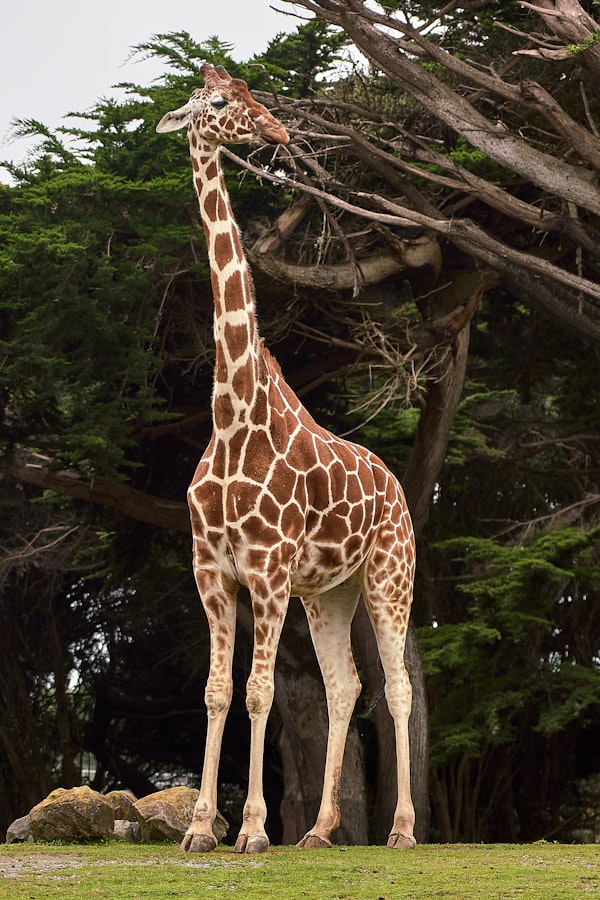Climate Change Threatens Survival of African Elephants, Groundbreaking Study Finds

A groundbreaking study conducted by researchers at the University of Massachusetts Amherst and the Wildlife Conservation Society has shed light on the impact of climate change on African elephants. The study, published in PLOS Sustainability and Transformation, reveals that older elephants will face a significantly reduced chance of survival, leading to a decline in the species' ability to adapt to a changing climate.
The researchers focused their study on the Greater Virunga Landscape (GVL), a vast area spanning Uganda, Rwanda, and the Democratic Republic of Congo. This region is home to a population of African elephants, which have been listed as critically endangered by the International Union for Conservation.
Elephants play a crucial role in shaping their environment by dispersing seeds, modifying landscapes, and enriching soil fertility. They are also an important cultural symbol in many African societies.
Previous studies have not fully explored the relationship between environmental dynamics, climate change, elephant demography, and habitat changes over time. In this research, a systems dynamic model was developed to provide a comprehensive understanding of the future of African elephants in the face of climate change.
The model considered various climate scenarios, ranging from 1.6 ºC to 4.3 ºC of warming over the next 80 years. It also analyzed the impact of these scenarios on different age brackets of elephants. The study revealed that older elephants will be particularly affected by warming under every scenario, with potential consequences for the entire population and the landscape of the GVL.
Despite these alarming findings, the researchers also highlighted the importance of using the model to identify effective policy options for protecting African elephants. The study recommends a coordinated management strategy at national, regional, and local levels, including well-funded anti-poaching efforts and community-led programs. It also emphasizes the need for appropriate habitat management to minimize fragmentation, fire, and invasive species.
The implications of this research extend beyond elephants. The systems dynamic modeling approach can be applied to other migratory species across national borders, such as fish, birds, and lions, enabling better conservation efforts.
This study's findings are significant for organizations like the Wildlife Conservation Society, as protecting elephants can have ripple effects on other species like lions and mountain gorillas. It is crucial to prioritize conservation efforts to ensure the survival of these iconic animals and the preservation of their ecosystems.

